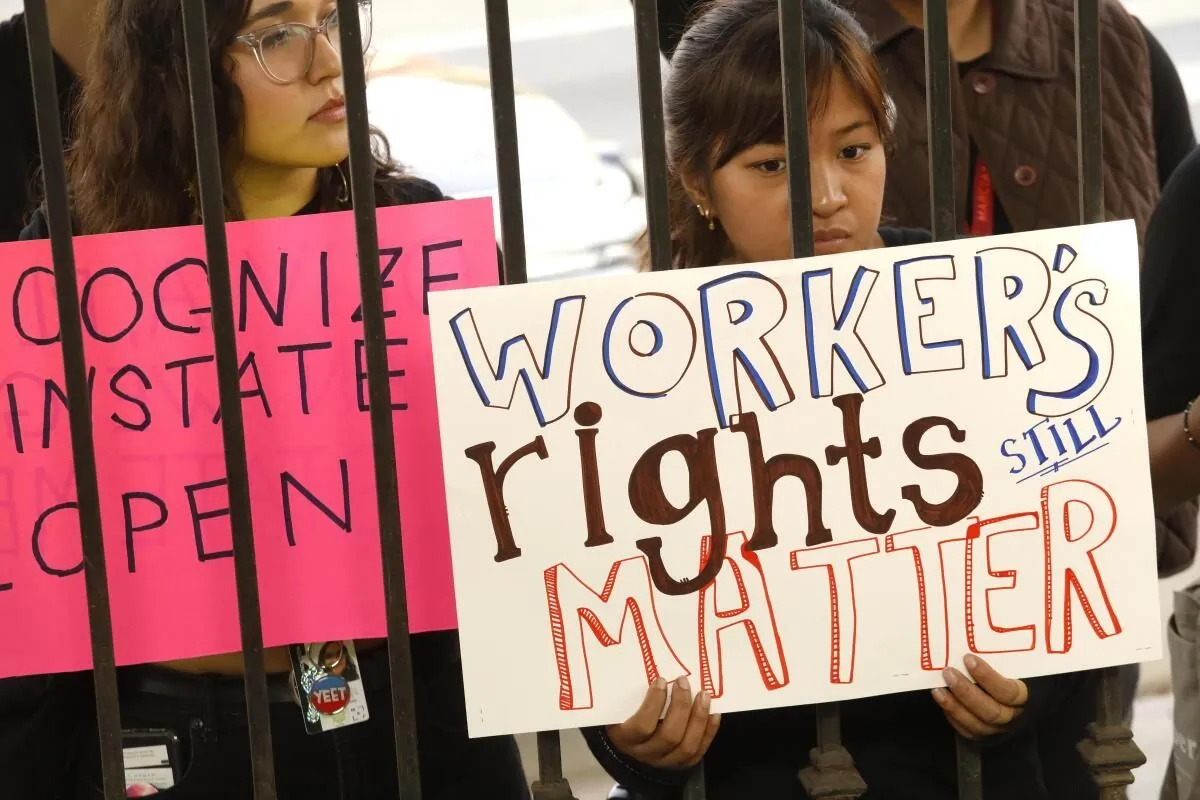Chicago Museum Preserves Protest History Amid 2024 Democratic Convention
Julie Wroblewski, a collector for the Chicago History Museum, gathers artifacts from protests during the 2024 Democratic National Convention, preserving contemporary history for future generations.

In August 2024, as the Democratic National Convention unfolds in Chicago, Julie Wroblewski embarks on a crucial mission. The 48-year-old director of collections for the Chicago History Museum scours the city's streets, gathering artifacts from pro-Palestinian demonstrations. Her work, though often overlooked, plays a vital role in preserving contemporary history for future generations.
Wroblewski's efforts are part of a larger initiative by the Chicago History Museum, founded approximately 174 years ago, to document social protest movements. The museum's approach reflects a growing trend in the field, emphasizing community engagement and accessibility. This shift has gained traction in recent decades, transforming museums from static repositories to dynamic community resources.
As Wroblewski collects placards and pamphlets, she carefully considers their "evidentiary and informational value." One sign she deems significant combines calls to "End U.S. Aid to Israel" with demands for "Community control of the police now!" This juxtaposition highlights the intersectionality of current protest movements, echoing similar demands that gained prominence during the civil rights era of the 1960s.

Another artifact catches Wroblewski's eye: a placard featuring President Joe Biden, Vice President Kamala Harris, and Secretary of State Antony Blinken with glowing eyes, reminiscent of the "Dark Brandon" meme. This image, which gained popularity in recent years, exemplifies how internet culture intersects with political protest.
The museum's collection process is meticulous, involving multiple steps to determine which items will be preserved. With over 23 million artifacts and documents already in its possession, space is at a premium, making each acquisition decision significant.
Wroblewski's work extends beyond mere collection. She engages with protesters and organizers, fostering connections and encouraging future donations. This approach aims to distinguish the museum from institutions with controversial collection practices, emphasizing ethical engagement with communities.
"Museums are the places that maintain our public record. When we're living through events, people have a different lens. Only time allows you to step back and analyze it from every angle."
The parallels between the 2024 convention and its infamous 1968 counterpart are not lost on observers. While the current protests have remained largely peaceful, the echoes of history are palpable. The museum's permanent 1968 exhibit, featuring protest pins and a battered police helmet, serves as a stark reminder of that tumultuous period.
As debates about historical narratives intensify, particularly regarding the representation of marginalized groups, the role of museums in shaping public understanding becomes increasingly crucial. Bethea notes, "It's almost as if there are only a handful of professions that are the last bastions of truth."
The Chicago History Museum's efforts to document the 2024 convention and its associated protests will likely result in future exhibits, oral history projects, and research opportunities. As Della McCall, a Democratic delegate from New Jersey, observed while viewing the 1968 exhibit, "We're witnessing history, right up close and personal."
In an age where digital information dominates, the physical preservation of protest artifacts takes on renewed importance. Wroblewski's work ensures that the voices of today's demonstrators will echo through the halls of history, providing invaluable insights for generations to come.


































